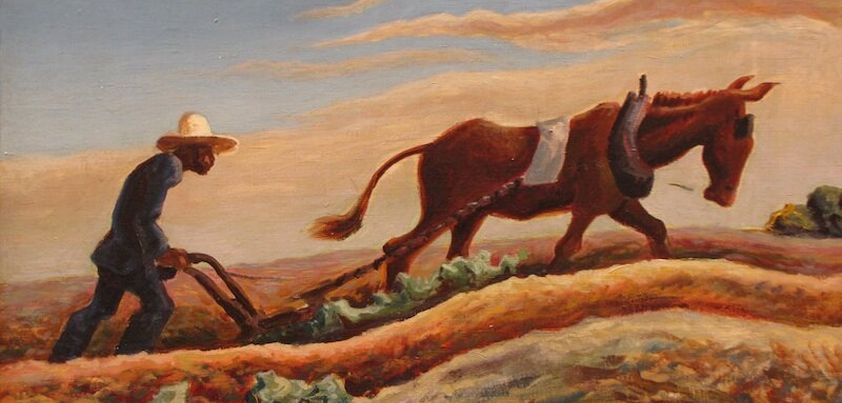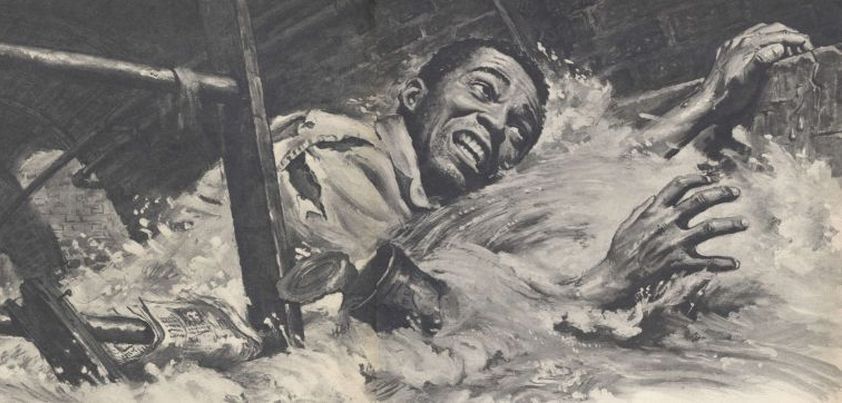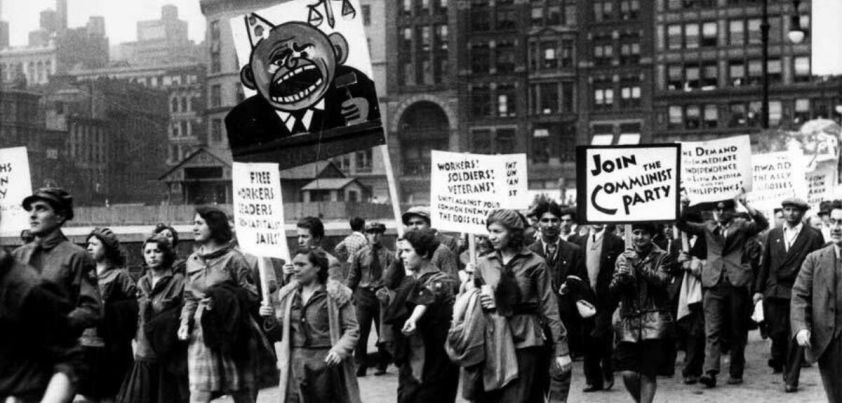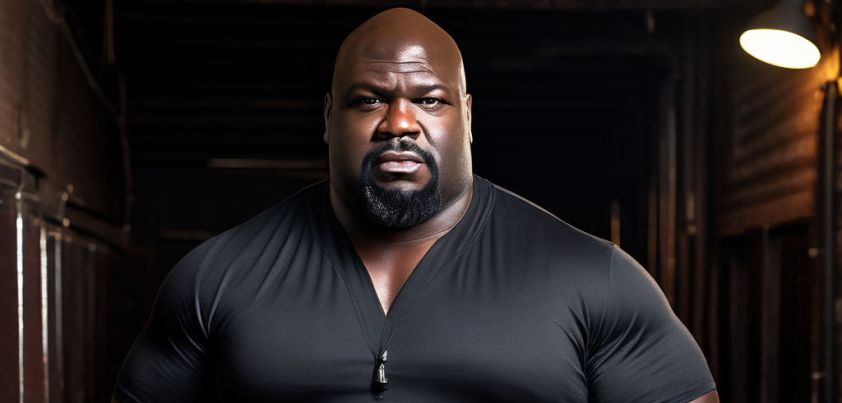 At seventeen, Richard Wright’s naïve protagonist (Dave) is old enough and strong enough to do a man’s work. Unfortunately, his family and co-workers treat him like a boy. Dave buys a gun, believing that having one will win him the respect he deserves. Instead, a wayward shot when he first uses it brings humiliation. Despite the accident, the gun gives Dave a sense of power. Faced with losing it and resuming his former life, he leaves town to look for somewhere a seventeen-year-old with a gun can be a man. Themes: class/racism, coming of age, respect, rebellion, the gun debate. More…
At seventeen, Richard Wright’s naïve protagonist (Dave) is old enough and strong enough to do a man’s work. Unfortunately, his family and co-workers treat him like a boy. Dave buys a gun, believing that having one will win him the respect he deserves. Instead, a wayward shot when he first uses it brings humiliation. Despite the accident, the gun gives Dave a sense of power. Faced with losing it and resuming his former life, he leaves town to look for somewhere a seventeen-year-old with a gun can be a man. Themes: class/racism, coming of age, respect, rebellion, the gun debate. More…
Archives
The Man Who Lived Underground
 This is the shortened, anthologized version of this Richard Wright title, not the recently released (2021) novel. Having said that, it is still a very powerful story. An innocent man, tortured by police into confessing to murder, escapes and takes refuge in the sewers and basements of an unnamed city. As he struggles for survival, uncertainty and sensory deprivation cause him to lose touch with reality. He comes to believe that all men are inherently evil and, unable to go on, decides to face his guilt by handing himself in. Themes: guilt vs. innocence, isolation, identity, racism, police brutality. More…
This is the shortened, anthologized version of this Richard Wright title, not the recently released (2021) novel. Having said that, it is still a very powerful story. An innocent man, tortured by police into confessing to murder, escapes and takes refuge in the sewers and basements of an unnamed city. As he struggles for survival, uncertainty and sensory deprivation cause him to lose touch with reality. He comes to believe that all men are inherently evil and, unable to go on, decides to face his guilt by handing himself in. Themes: guilt vs. innocence, isolation, identity, racism, police brutality. More…
Bright and Morning Star
 This is the final story in Richard Wright’s hard-hitting collection Uncle Tom’s Children. Set in the American South during the 1920s, a proud African-American woman and her two sons have embraced communism in the hope of overcoming entrenched inequity and persecution. Both sons are organizers of the local communist cell. One son is already in prison and, when the woman and other son refuse to reveal the names of fellow cell members, the town sheriff and a white mob resort to deception, brutality, torture and murder. Themes: racism, racial and political violence, communism, loyalty & betrayal, motherly love, martyrdom. More…
This is the final story in Richard Wright’s hard-hitting collection Uncle Tom’s Children. Set in the American South during the 1920s, a proud African-American woman and her two sons have embraced communism in the hope of overcoming entrenched inequity and persecution. Both sons are organizers of the local communist cell. One son is already in prison and, when the woman and other son refuse to reveal the names of fellow cell members, the town sheriff and a white mob resort to deception, brutality, torture and murder. Themes: racism, racial and political violence, communism, loyalty & betrayal, motherly love, martyrdom. More…
Big Black Good Man
 In this story by Richard Wright, an elderly man working the night desk at a seedy waterfront hotel is used to handling rough customers. However, when the biggest, strangest, and blackest sailor he had ever seen asks for a room, he is irrationally terrified. Living in constant fear, he meets the sailor’s demands (whisky and a woman) for six days. As the sailor checks out, he playfully puts his hands around the man’s neck, causing him to wet his pants in fear. A year later, the sailor returns. Themes include appearance and stereotyping, racism, fear, alienation, hatred and revenge, misjudgment. More…
In this story by Richard Wright, an elderly man working the night desk at a seedy waterfront hotel is used to handling rough customers. However, when the biggest, strangest, and blackest sailor he had ever seen asks for a room, he is irrationally terrified. Living in constant fear, he meets the sailor’s demands (whisky and a woman) for six days. As the sailor checks out, he playfully puts his hands around the man’s neck, causing him to wet his pants in fear. A year later, the sailor returns. Themes include appearance and stereotyping, racism, fear, alienation, hatred and revenge, misjudgment. More…